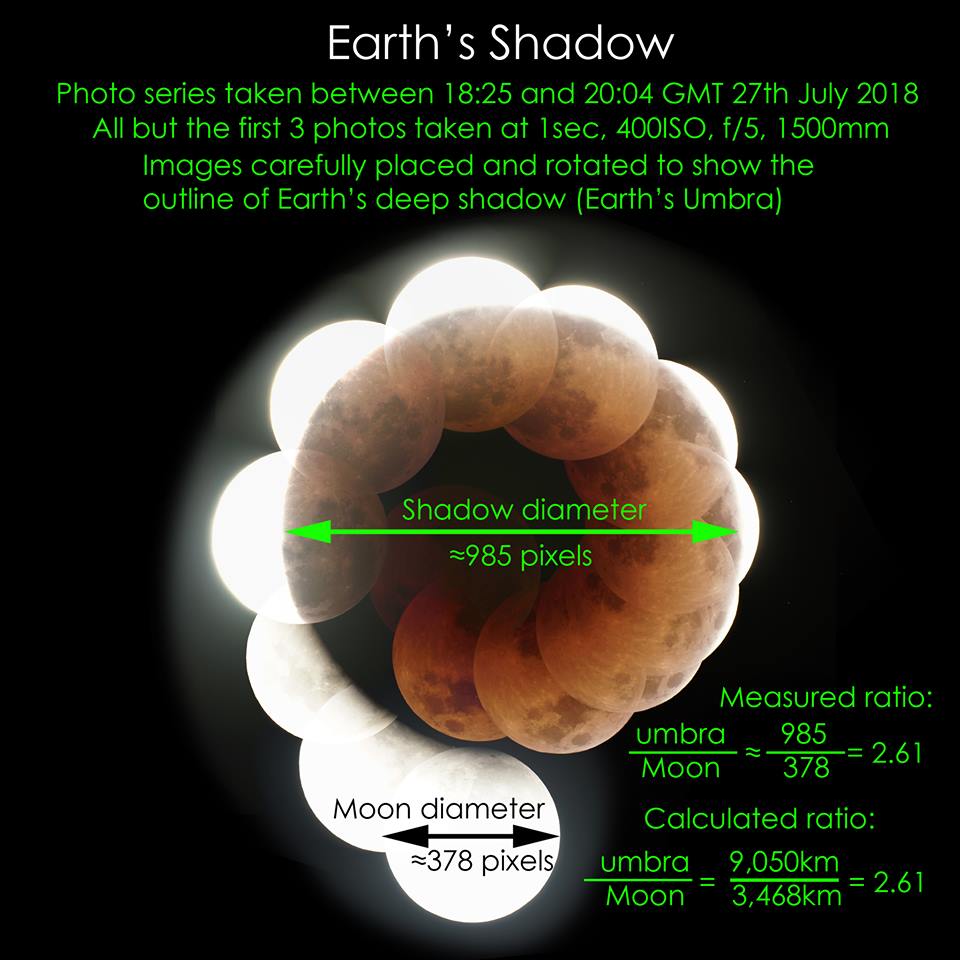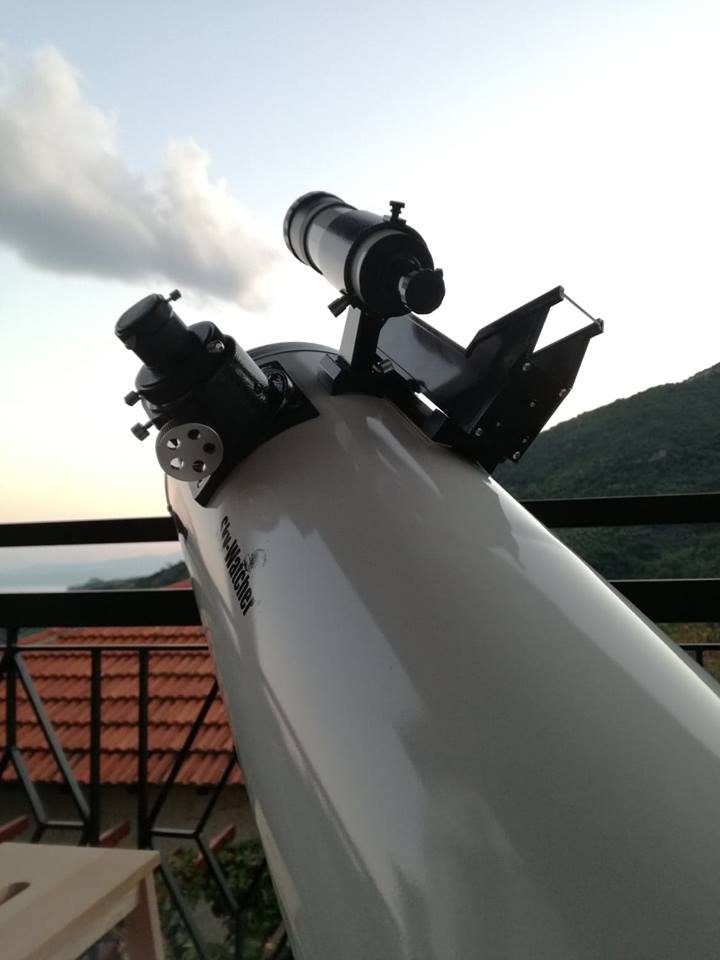- Μηνύματα
- 49.530
- Reaction score
- 105.125
BREAKING: Giant Lake of Liquid Water Found Hiding Under Mars' South Pole
This latest epic discovery was achieved using a radar instrument on a Mars orbiter, with Italian scientists finding a huge liquid reservoir hidden 1.5 kilometres (0.93 miles) under the southern polar ice cap, extending 20 kilometres (12.4 miles) across.
The researchers say it's a lot like the subglacial lakes trapped beneath the ice of the Arctic and Antarctica here on Earth. And, like our terrestrial subglacial lakes, it might be where we find surprising life.
A subglacial lake has long been hypothesised as a likely place to find water on the Red Planet, but probing beneath glacial regions is not an easy task even here on Earth.
It's only been in recent years that scientists have used satellites equipped with radar to uncover the mysteries of the hidden waters of our own planet.
For the Mars mission, the research team, from a number of institutions in Italy, used similar technology to study Mars' polar ice caps. An instrument designed specifically for subsurface surveys is on board the European Space Agency's Mars Express probe - in orbit around Mars since 2003.
The Mars Advanced Radar for Subsurface and Ionosphere Sounding (MARSIS) uses radar to look for features under the surface of Mars, and has been looking for signs of subsurface liquid water for over 12 years.
https://www.sciencealert.com/vast-l...on-mars-radar-planum-australe-subglacial-lake
This latest epic discovery was achieved using a radar instrument on a Mars orbiter, with Italian scientists finding a huge liquid reservoir hidden 1.5 kilometres (0.93 miles) under the southern polar ice cap, extending 20 kilometres (12.4 miles) across.
The researchers say it's a lot like the subglacial lakes trapped beneath the ice of the Arctic and Antarctica here on Earth. And, like our terrestrial subglacial lakes, it might be where we find surprising life.
A subglacial lake has long been hypothesised as a likely place to find water on the Red Planet, but probing beneath glacial regions is not an easy task even here on Earth.
It's only been in recent years that scientists have used satellites equipped with radar to uncover the mysteries of the hidden waters of our own planet.
For the Mars mission, the research team, from a number of institutions in Italy, used similar technology to study Mars' polar ice caps. An instrument designed specifically for subsurface surveys is on board the European Space Agency's Mars Express probe - in orbit around Mars since 2003.
The Mars Advanced Radar for Subsurface and Ionosphere Sounding (MARSIS) uses radar to look for features under the surface of Mars, and has been looking for signs of subsurface liquid water for over 12 years.
https://www.sciencealert.com/vast-l...on-mars-radar-planum-australe-subglacial-lake















